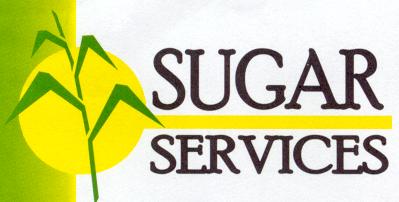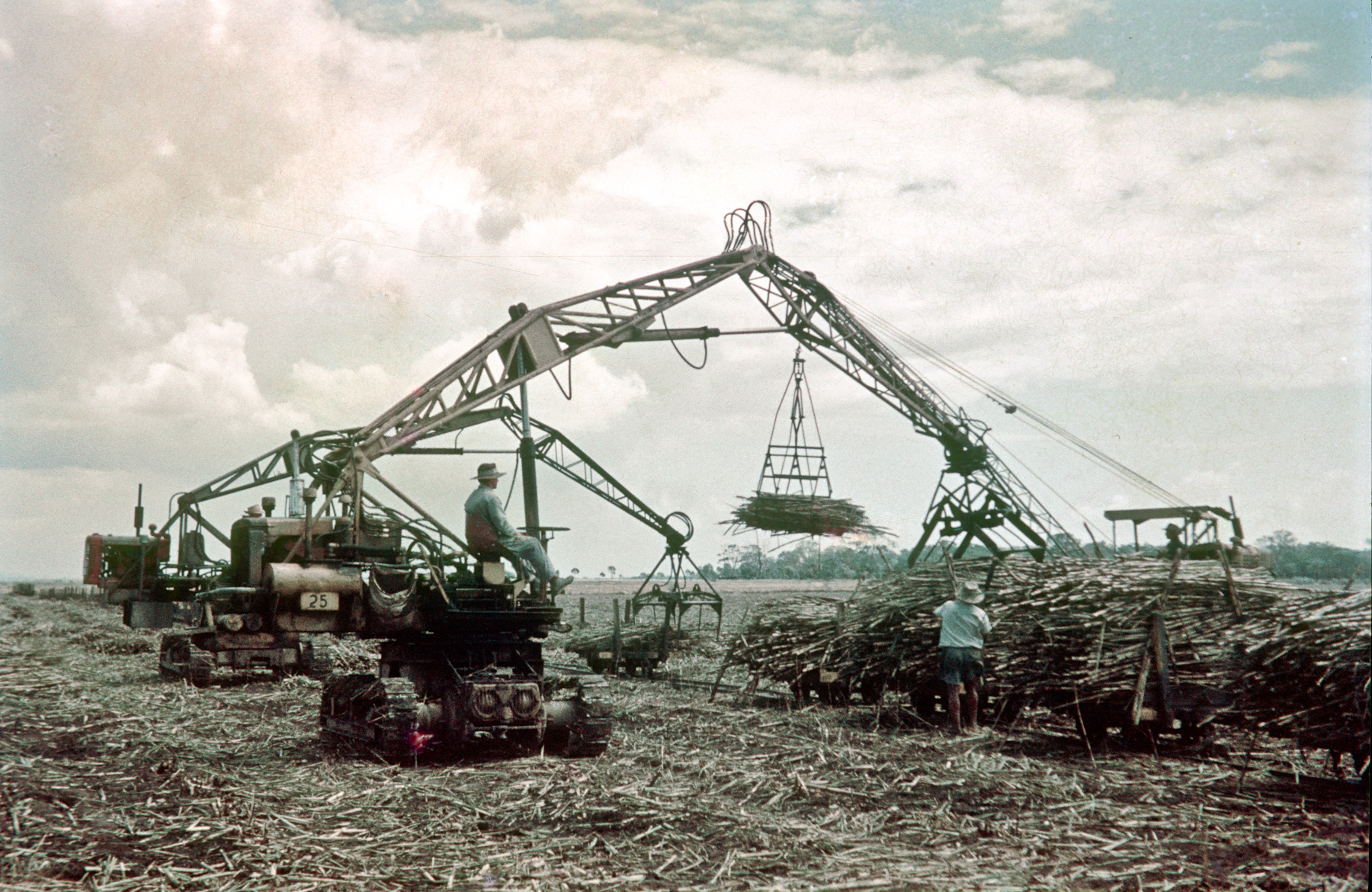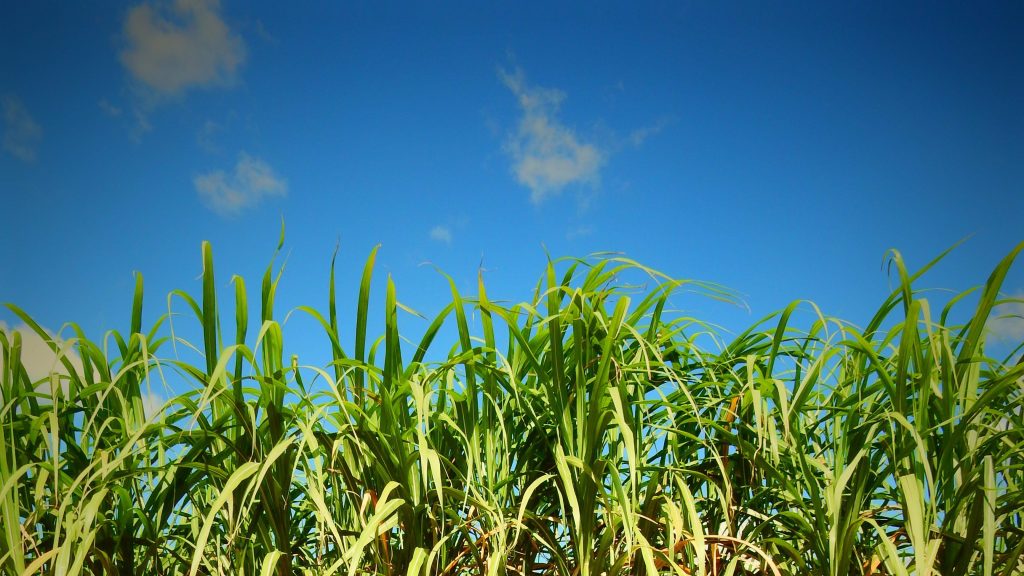Bundaberg CANEGROWERS Ltd provides representation, leadership and services to cane growers in the Bundaberg District. We work to ensure a secure and profitable future for cane growing and promote unity in the interest of growers. Our growers can be confident that our experienced team will continue to fight on their behalf and will have their back.
We are needs based and grower focussed.
Position Vacant – Field Officer

Bundaberg Sugar Services Ltd (BSSL) is a sugar industry company tasked with enhancing the productivity of sugar cane produced in the Bundaberg District.
Primary Duties and Responsibilities
Activities associated with the production and distribution of One-eye Setts from BSSL Mother Plot and shade house.
Pest and disease management programs aimed at limiting impact of pest and/or disease on sugarcane production in the Bundaberg district.
Irrigation related activities associated with improving the productivity, economic viability, and environmental sustainability of BSSL members farming operations.
BSSL extension activities and special programs as determined by the BSSL Board from time to time.
The position is ideally suited for a practical hands-on person with an understanding of sugarcane production systems.
A current manual driver’s licence is essential and a current first aid certificate is desirable. Experience with Microsoft Office is preferred.
Tertiary qualifications are not required.
This position is based in Bundaberg and you will report to the Company Secretary.
If you are interested, please contact the Company Secretary Tanya Howard via reception@bdbcanegrowers.com.au for more information.
To apply please send a current CV detailing experience and attributes to reception@bdbcanegrowers.com.au, or PO Box 953 Bundaberg by close of business 12 December 2025.
Call for Historic Photos
As CANEGROWERS prepares to celebrate its centenary in 2026, we are on the lookout for historic photos that help capture 100 years of cane farming history.
If you have some treasured historic photos in your personal collection and you are willing to share them with us, please call into our office and we will scan them while you wait.
The collection will form part of a centenary showcase honouring the people and stories behind the sugarcane industry.
We want to ensure that the industry’s history is preserved and celebrated for generations to come and your photos could help tell the story of a century of cane farming

Tracked hydraulic wholestick cane loaders (Fairymead Plantation) were designed in the drawing office and built in the mill workshop. These “modern machines” were to replace the cable operated grabs in the background right. Resistance to the new machine was high, but competition was fierce, between all harvesting gangs. The driver on No.25 (foreground) was Olly Green long standing field employee. Note the portable track (16lb) and the small timber cane trucks (about 3 tonne max.)

Scientific basis for excluding the Burnett/Mary catchments from ‘Reef Regulations’
The Environmental Protection (Great Barrier Reef Protection Measures) and Other Legislation Amendment Act 2019, was designed to apply to Great Barrier Reef river catchments. However, the legislation does not stipulate a geographical, or scientific property of a catchment that defines it as being a “Reef river catchment.” Instead, Reef catchments are “prescribed by regulation”.
The government in 2019 prescribed the Burnett and Mary Catchments as Reef catchments without presenting any scientific reasoning despite the following objections.
- The Burnett and Mary rivers do not discharge into, or anywhere near, the Great Barrier Reef Marine Park.
- The closest coral reef (in the Capricorn-Bunker sector) is 75 km north of the Burnett mouth, and 120 km from the Mary mouth.
- The East Australia Current (EAC), runs predominately southwards, taking river discharge predominantly away from the Great Barrier Reef.
- The Capricorn Bunker Sector of the Great Barrier Reef, which is nearest to the Burnett/Mary mouths, is flushed by the huge quantities of water in the East Australia Current (EAC) – quantities that completely dwarf the Burnett/Mary flows.
- The water flow of the Burnett River for an entire year is equivalent to just two minutes flow of the EAC. And the EAC direction is largely taking river discharge southwards.
- Sediment: The nearest reefs to the Burnett/Mary are bathed, continuously, in sparkling blue waters of the Pacific Ocean. There is effectively zero sediment on these reefs indicating zero impact from rivers.
- Nutrients: The Capricorn eddy, which is often embedded in the EAC, upwells vast amounts of deep, nutrient-rich, water to the Capricorn Bunker Reefs. This eddy delivers up to ten times as much nutrients as the Burnett River, and very close to the reefs, rather than over 75 km distant for the Burnett. In addition, recycling of nutrients on the sea bed is around 100 times the discharge of the Burnett.
- Pesticides: Pesticides are in unmeasurably small concentrations on the entire main reef matrix of the GBR where 99% of the corals exist.
The worst facet of this issue is that no evidence has ever been advanced for why the Burnett/Mary catchments were defined as reef catchments in 2019. A useful step forward would be to invite the relevant science and management institutions to produce evidence for why the inclusion might be continued. This would provide a useful basis for a genuine scientific debate that would be valuable for the government to consider possible changes to the catchments prescribed, by regulation, as reef catchments.
Compliance with Reef Regulations
Growers are reminded that Compliance/Audit Checks from DES have recently occurred in the region.
The audits checked records from previous years as well as checking where growers had current Nitrogen and Phosphorus Budgets for their farm.
If any member receives notification about an upcoming audit please contact Matt Leighton for assistance in preparation for the audit, as well as being available on farm while the audit check takes place.
CANEGROWERS Insurance
CANEGROWERS Insurance Scheme – owned by growers, working for growers, was commenced in 2012 to look after growers’ insurance needs. Wide Bay Authorised Representative Ray Goodwin has extensive experience in looking after the insurance needs of the rural sector and has assisted many growers to ensure that their insurance cover is tailored to their requirements.
Ray provides a personalised on-farm service to growers. He also has access to a broad range of other insurance products and alternative underwriters so that appropriate insurance cover can be obtained for all aspects of a clients businesses at the best price.
To contact Ray to discuss your insurance needs call 0418 891 783 or 07 4151 2555.




